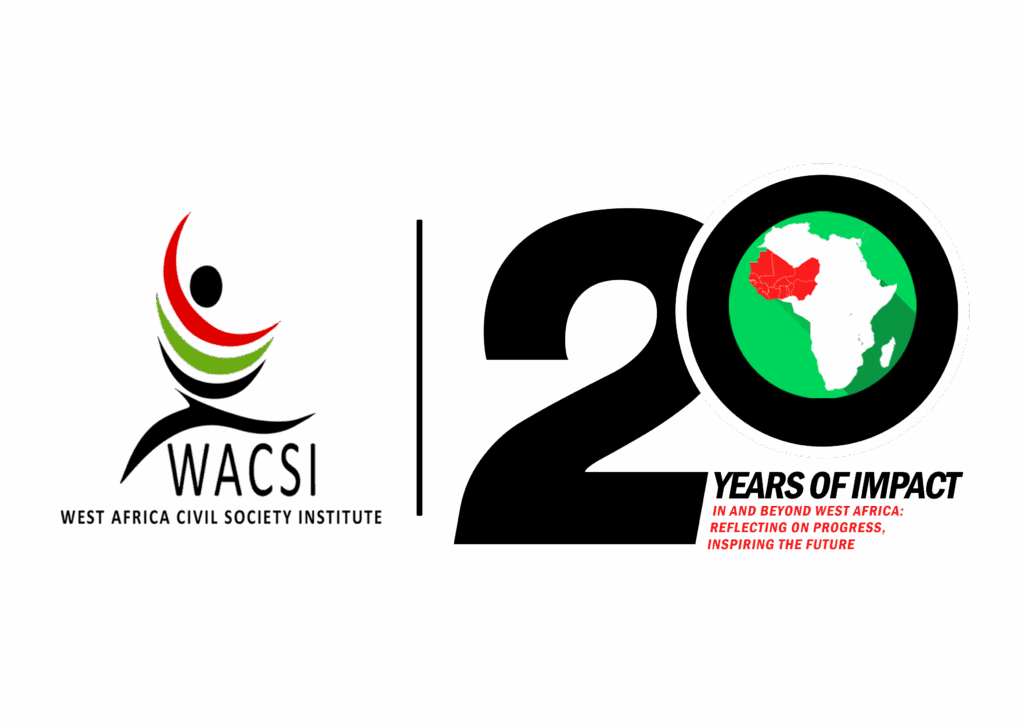Ghana is popularly known as a model democracy in West Africa, characterised by regular democratic elections, political stability and peaceful transitions of power since 1992. According to IDEA’s Democracy Tracker, Ghana ranks within the top 25 percent of countries globally in key areas such as elected government, civic engagement and freedom of expression. Despite this context, some civic space violations were documented surrounding the December 2024 legislative and presidential elections.
Prior to the December 2024 legislative and presidential elections, the sociopolitical environment was marked by widespread misinformation and disinformation. The economic landscape, characterised by high inflation and the increased cost of living and commodities, sparked widespread mobilisation in previous years. There were protest violations at the cost of living protests that had been taking place since 2021.
There were also heightened political tensions and polarisation in anticipation of the 2024 general elections. Digital surveillance, disinformation campaigns and harassment of journalists and activists intensified within this period, negatively affecting civic engagement in-person and online. There were growing concerns and fears among citizens about the threat to democracy and a decline in public trust. The latter part of 2024 was marked by nationwide protests over electoral transparency and accountability as well as the escalating illegal mining crisis, resulting in arrests during protests.
Following Ghana’s 7 December 2024 presidential and legislative elections, there was a peaceful transition of power from the ruling New Patriotic Party (NPP) led by Nana Akufo-Addo to the opposition National Democratic Congress (NDC) led by John Dramani Mahamma. President Nana Akufo-Addo, who ruled for two terms from 2017 to 2024, did not compete in the presidential elections as he had reached the end of the constitutional two-term limit for presidents. This transfer reinforced Ghana’s reputation as a beacon of democratic stability in West Africa. In terms of funding, in addition to securing a landmark debt restructuring agreement, the IMF approved an immediate USD 367 million disbursement following the successful completion of the fourth review of its Extended Credit Facility. This would go a long way to ease short-term fiscal pressure and restore investor confidence in the nation.
